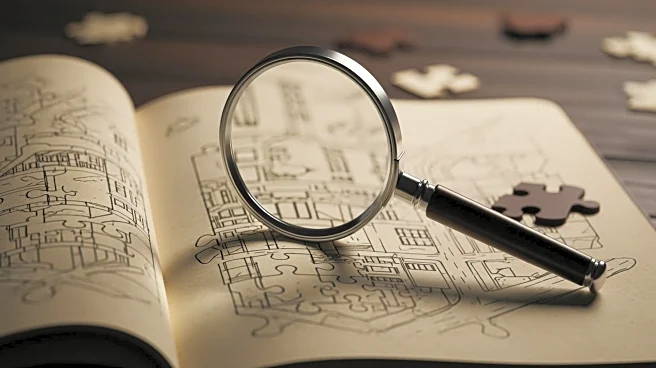Rapid Read • 8 min read
Education is a multifaceted system that encompasses formal, informal, and non-formal learning methods. Formal education involves structured academic settings like schools, where students follow a specific curriculum. In the U.S., the K-12 program guides children from kindergarten through high school. Informal education occurs outside traditional classrooms, through activities like sports, crafts, and school trips. Non-formal education includes organized activities such as after-school programs and adult education courses. The pandemic has highlighted the need for educational systems to evolve, with increased interest in homeschooling and alternative learning methods.
AD
Education is crucial for personal development, economic growth, and societal progress. It fosters critical thinking, problem-solving, and analytical skills, enabling individuals to approach challenges creatively and logically. Education also plays a significant role in reducing poverty and inequality by providing equal opportunities for all. It empowers individuals, particularly marginalized groups, to break social norms and advocate for their rights. As society faces more challenges, diverse educational methods, including informal and non-formal learning, are increasingly recognized for their potential to address the needs of neurodiverse learners and those struggling with traditional education systems.
The educational landscape is shifting, with increased emphasis on personalized and experiential learning. As the world changes, educational systems must adapt to prepare students for future challenges. This includes integrating technology and innovative teaching methods to enhance learning experiences. Governments and educational institutions are likely to continue exploring ways to make education more accessible and inclusive, ensuring that all students have the opportunity to succeed. The focus will be on developing curricula that reflect the evolving needs of society and the workforce.
The rise in homeschooling and alternative education methods reflects broader societal shifts towards personalized learning experiences. This trend highlights the importance of adapting educational systems to meet diverse learner needs, including those with neurodiverse conditions. As traditional education models are challenged, there is potential for significant changes in how knowledge is transmitted and acquired. This could lead to more inclusive and flexible educational environments that cater to individual learning styles and preferences.
AD
More Stories You Might Enjoy











